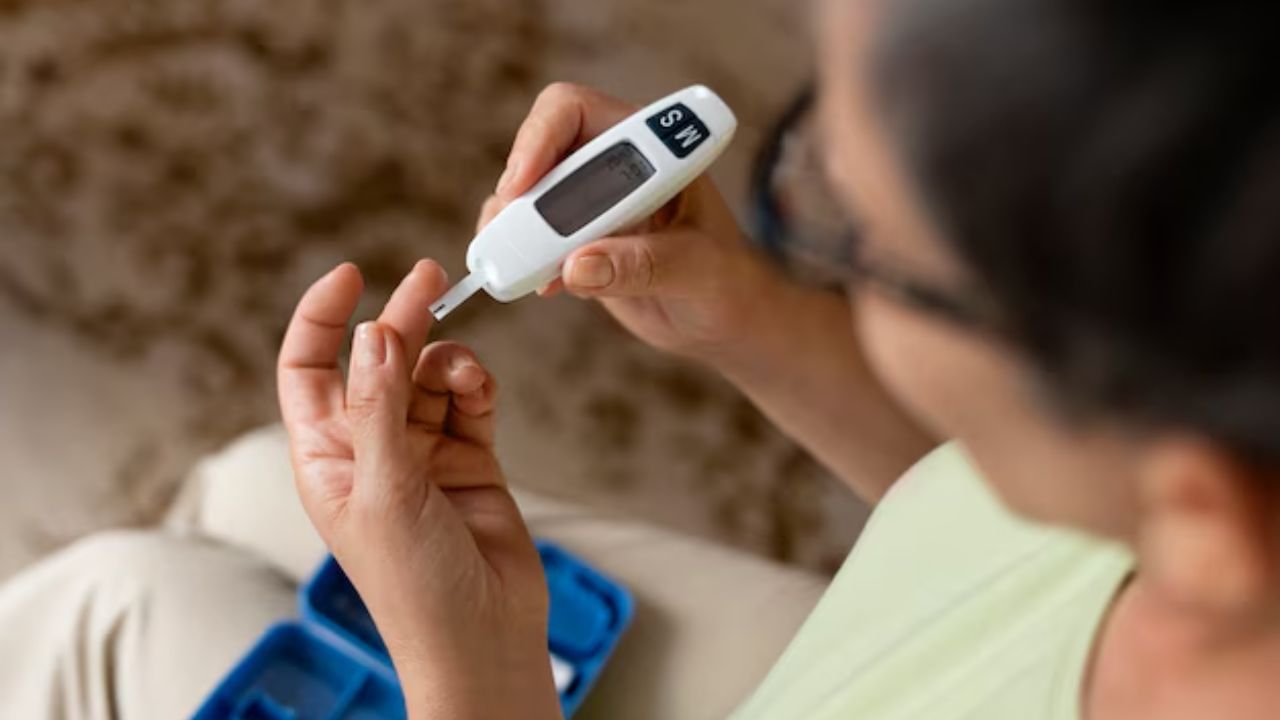sugar level check
Diabetes disease is becoming a big threat in India. Its cases are increasing rapidly in urban areas. Diabetes occurs when the sugar level in the body remains elevated for a long time. Generally people are not able to detect its symptoms. In such a situation, you should be aware of the initial symptoms of increasing sugar level. For this, we have talked to Dr. Subhash Giri, Unit Head of the Medicine Department at RML Hospital.
When blood sugar If the level remains high for a long time, it gradually damages many organs of the body. First of all, it affects the kidneys, eyes and nerves. Excess of glucose in the blood weakens the nerves, due to which tingling, burning or numbness is felt in the hands and feet. Constantly high sugar also puts pressure on the heart, which increases the risk of heart disease and stroke. Apart from this, the healing capacity of the body decreases, due to which wounds heal late. If not controlled for a long time, serious problems like diabetic retinopathy and kidney failure can also occur.
What are the three initial symptoms of increasing sugar level?
Dr. Subhash Giri It is said that there are some early signs of increasing blood sugar which are very important to recognize. First of all, the person starts feeling more thirsty and has the problem of frequent urination, because the body tries to expel the excess sugar. The second symptom is feeling tired and weak. When the blood sugar level remains unbalanced, the cells of the body do not get enough energy, due to which the person feels tired and lethargic all the time.
The third common symptom is sudden loss of weight or increase in appetite. Due to lack of insulin, the body is unable to convert glucose into energy and instead starts breaking down fat, due to which weight starts decreasing rapidly. If these symptoms persist for a long time, it is important to get blood sugar checked immediately.
how to protect
Get your blood sugar checked regularly.
Include whole grains, green vegetables and protein-rich food in your diet.
Stay away from sweet and processed foods.
Walk or exercise for at least 30 minutes daily.
Keep stress under control, because stress also increases sugar level.
Get your blood pressure and cholesterol checked from time to time as per doctor’s advice.
Take care of adequate sleep and hydration.
